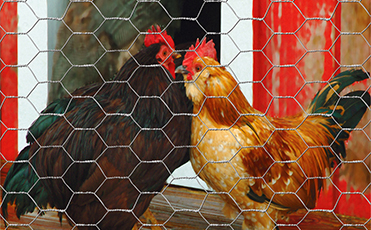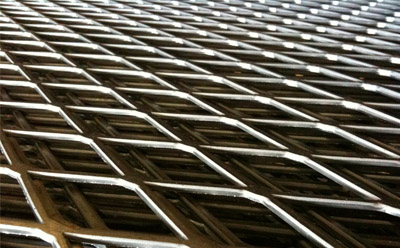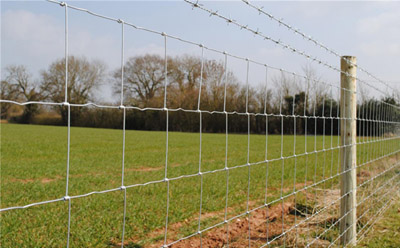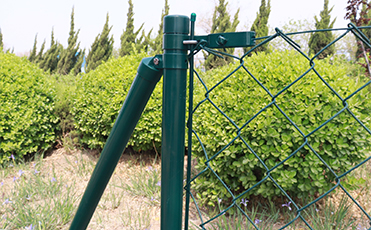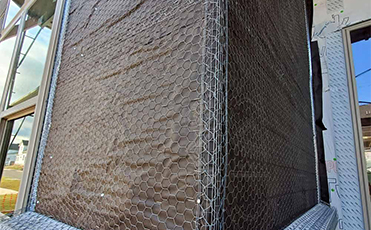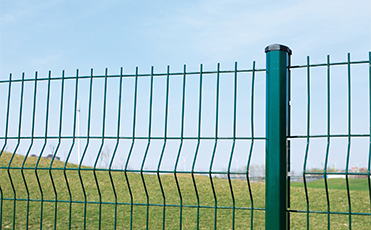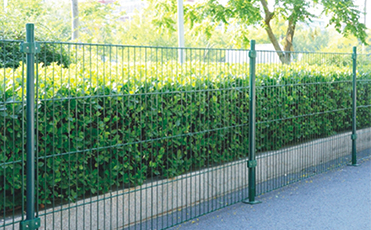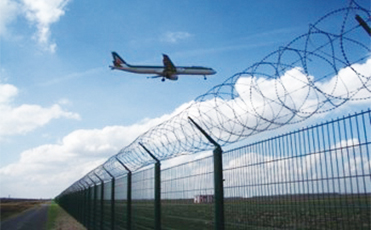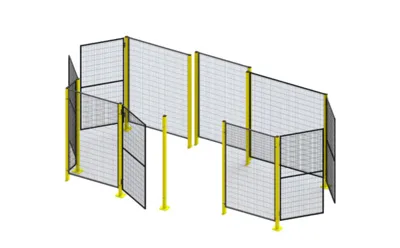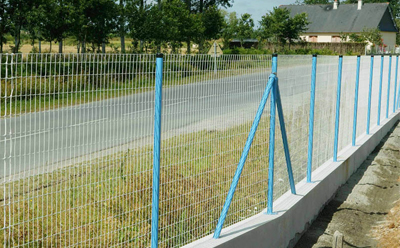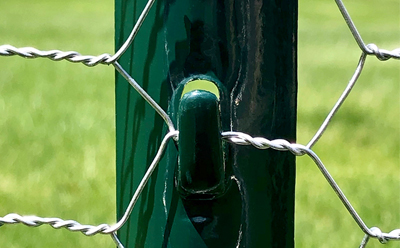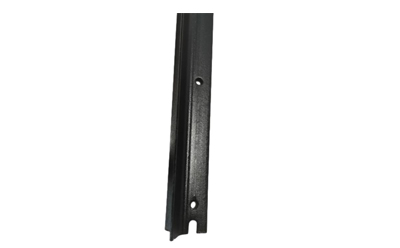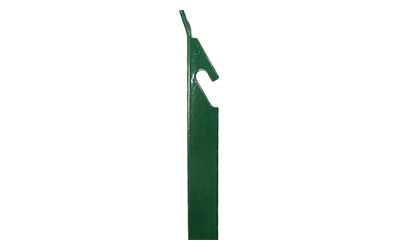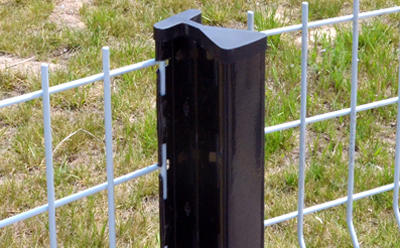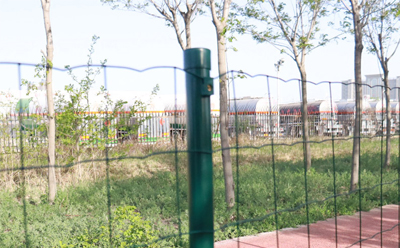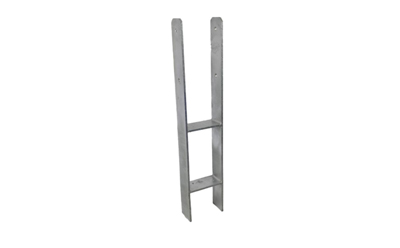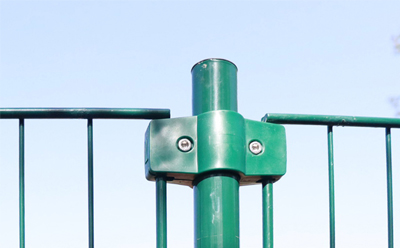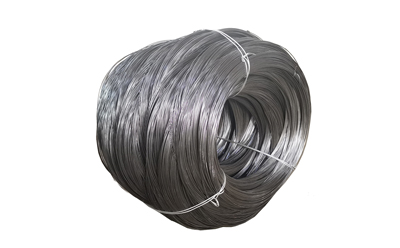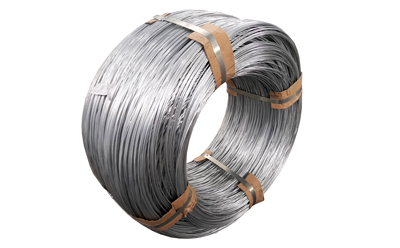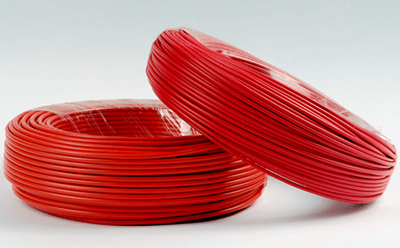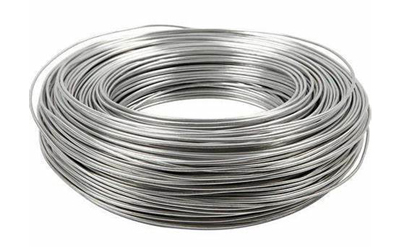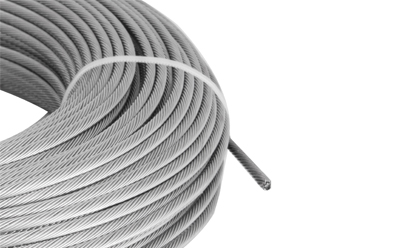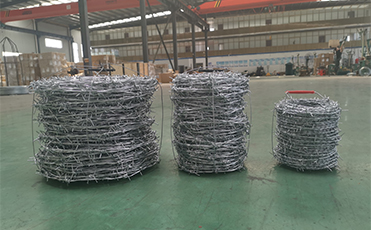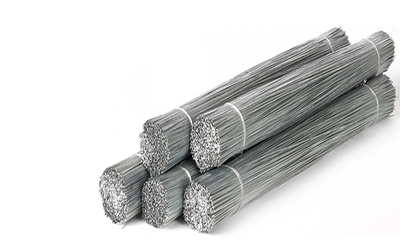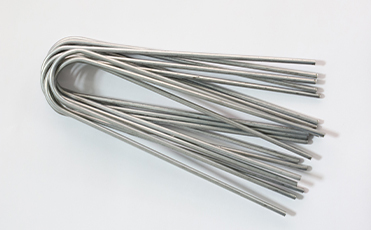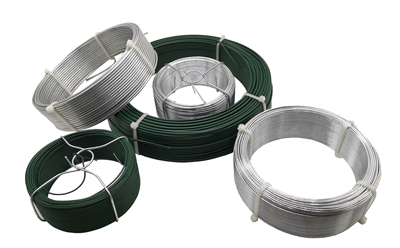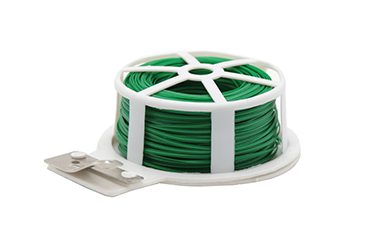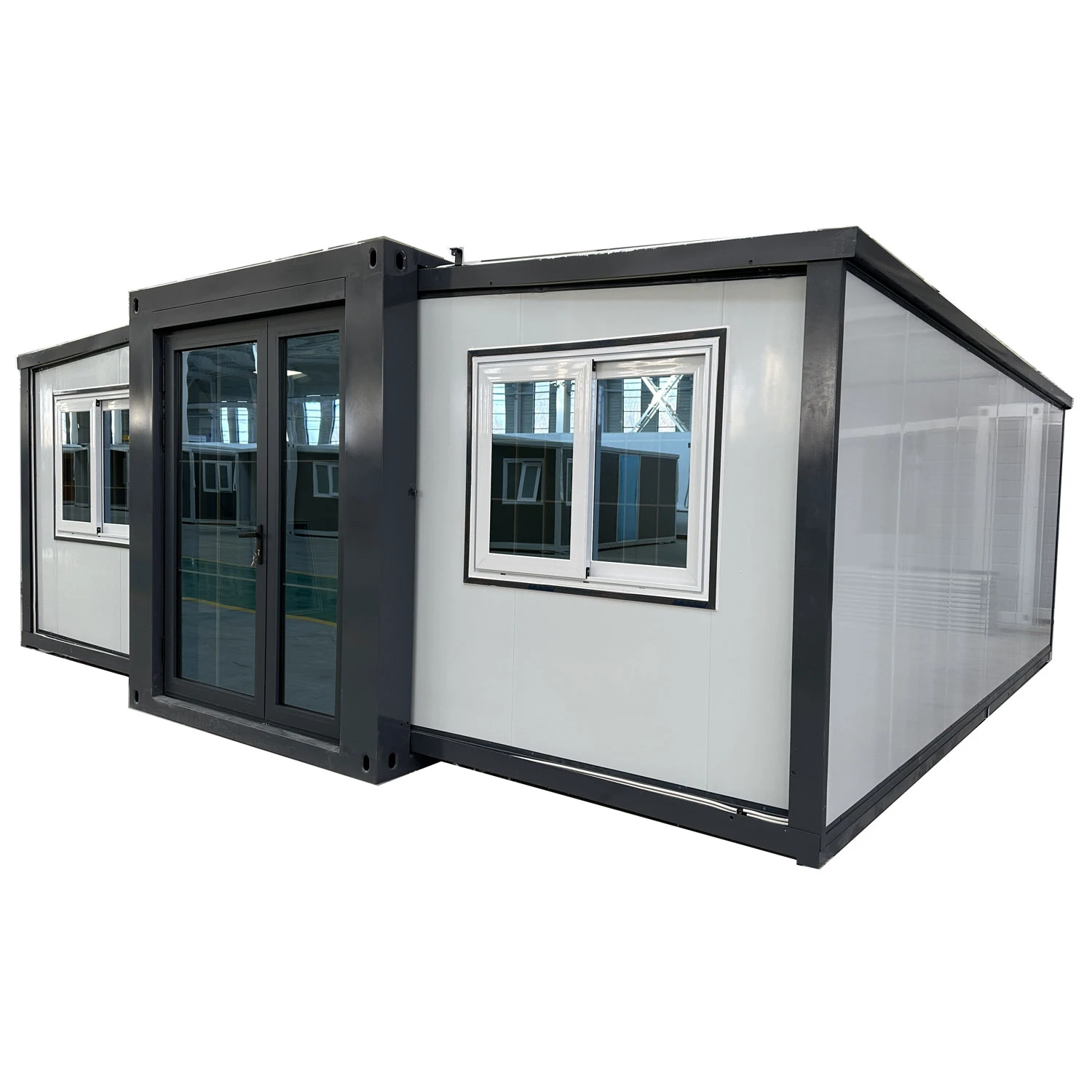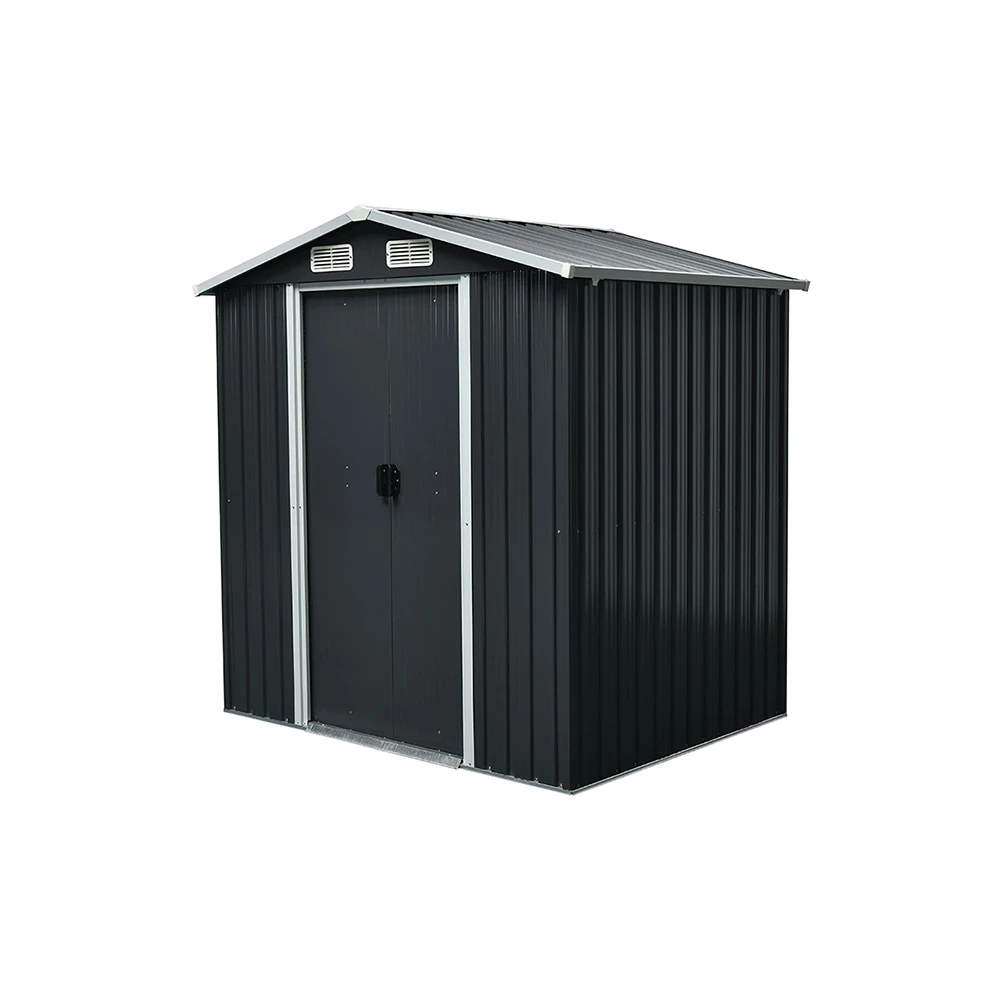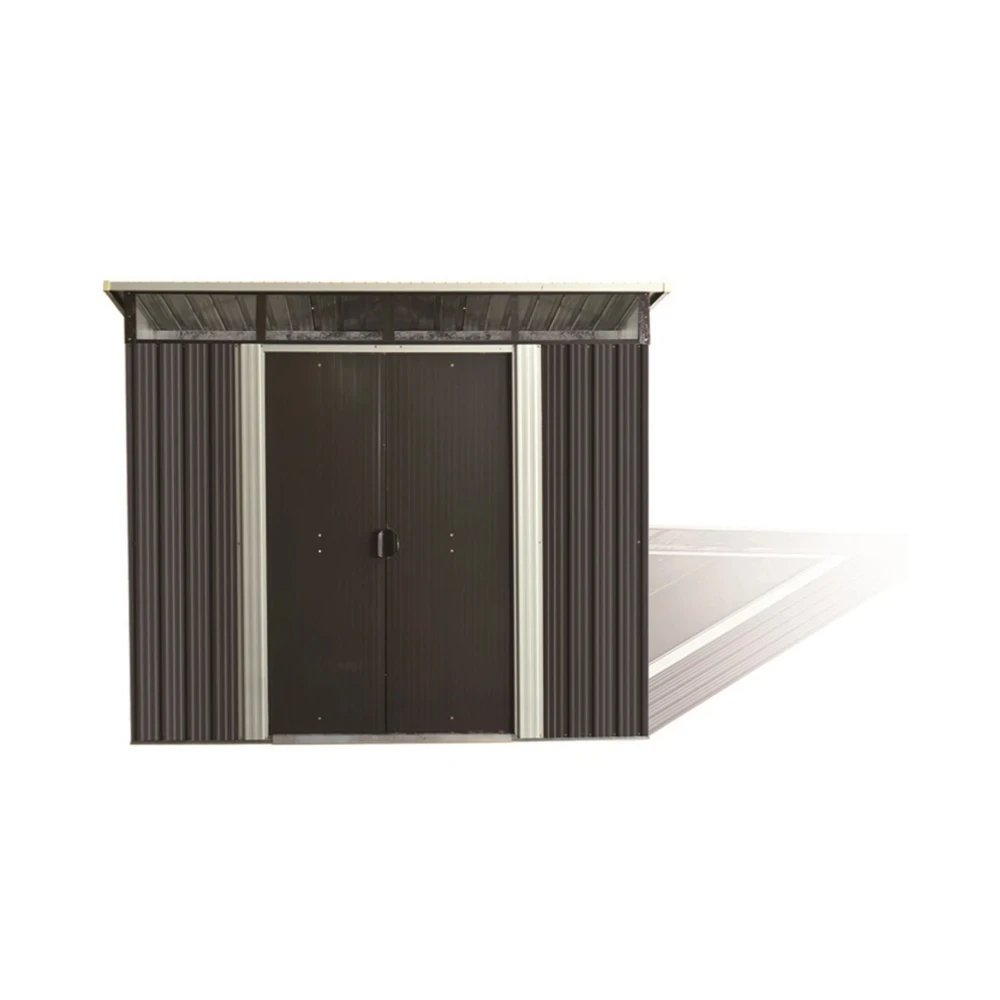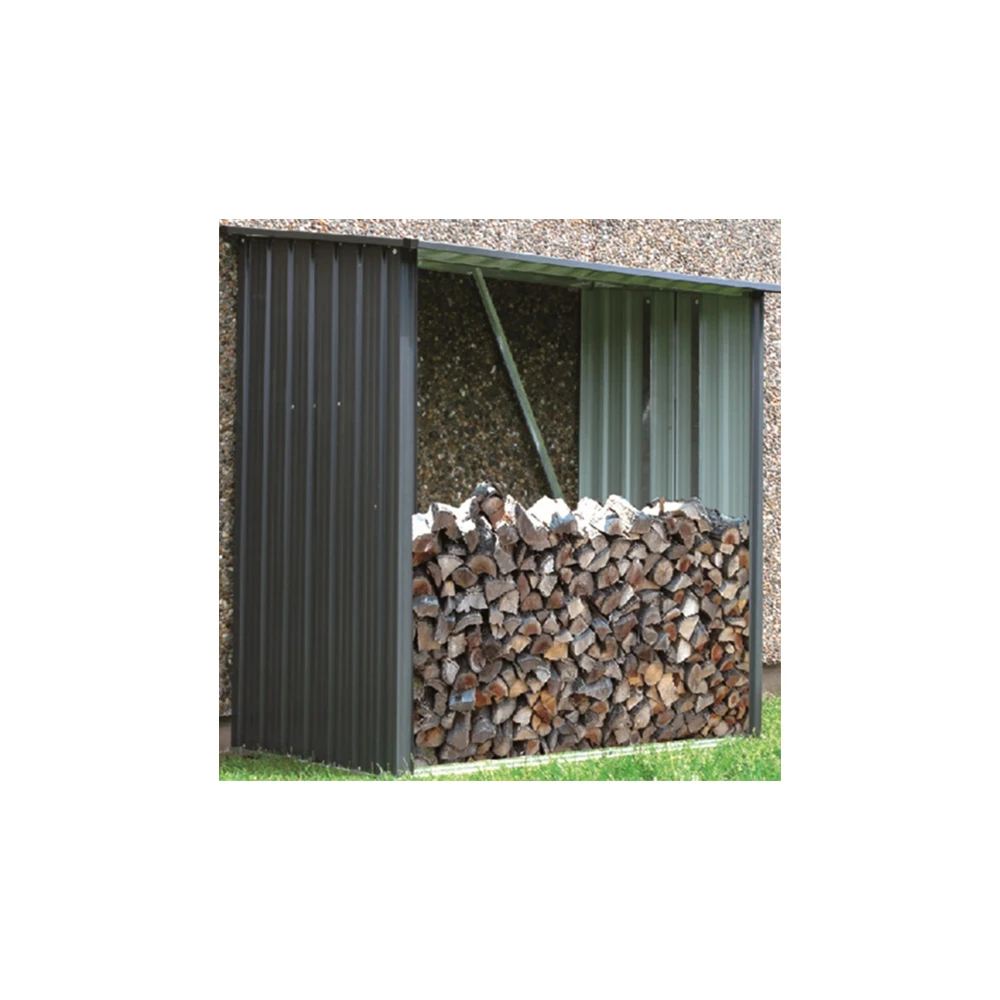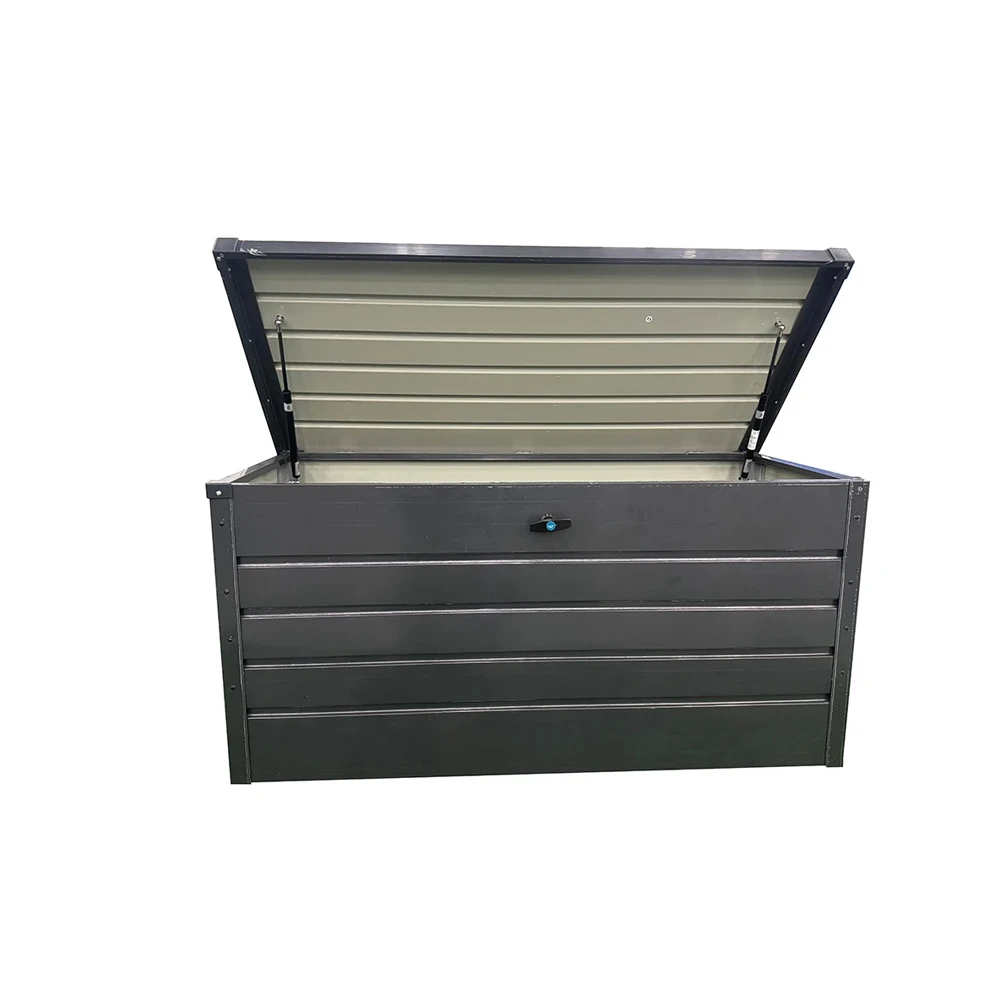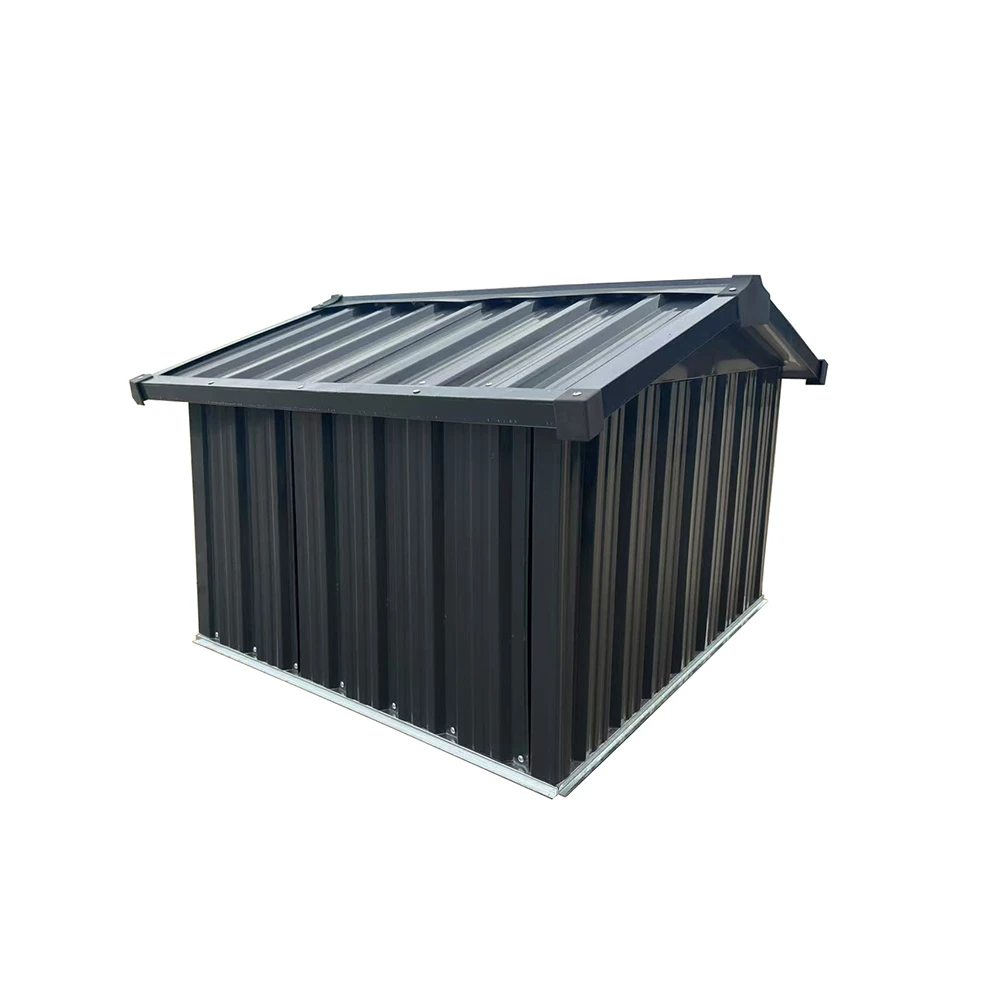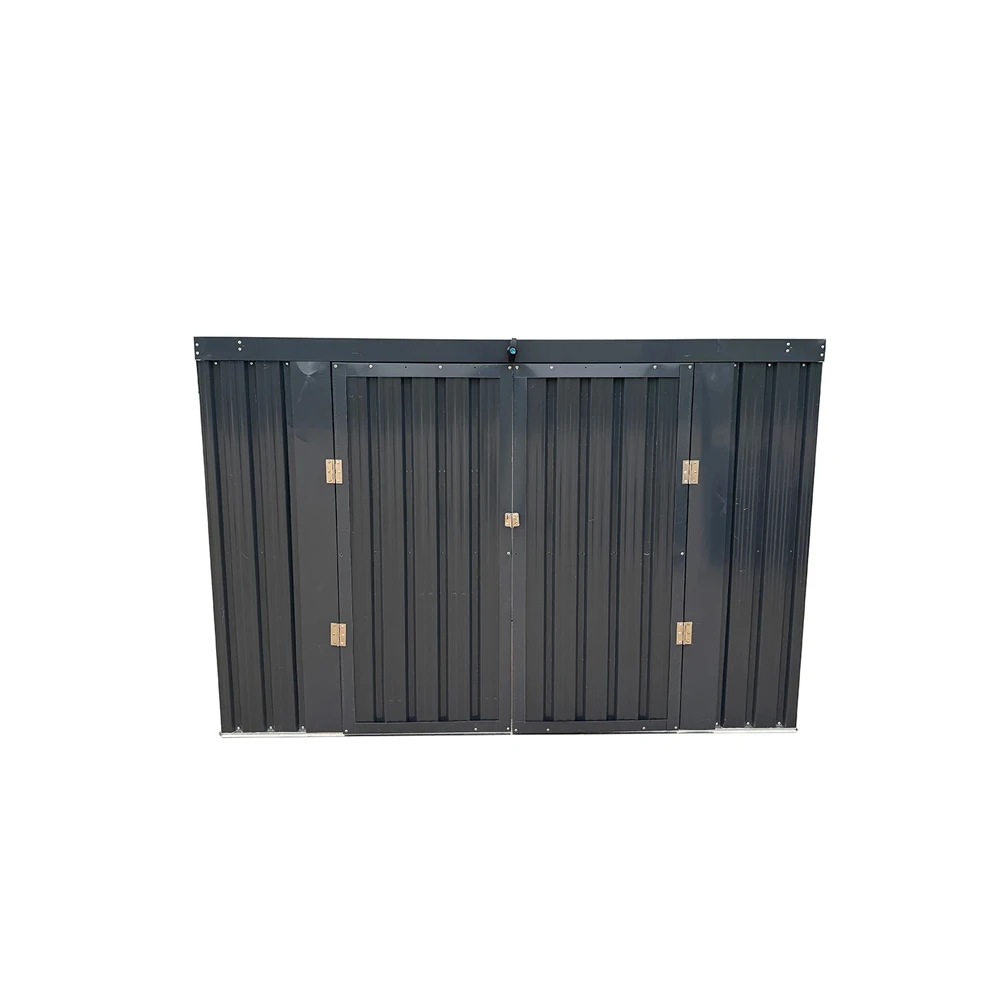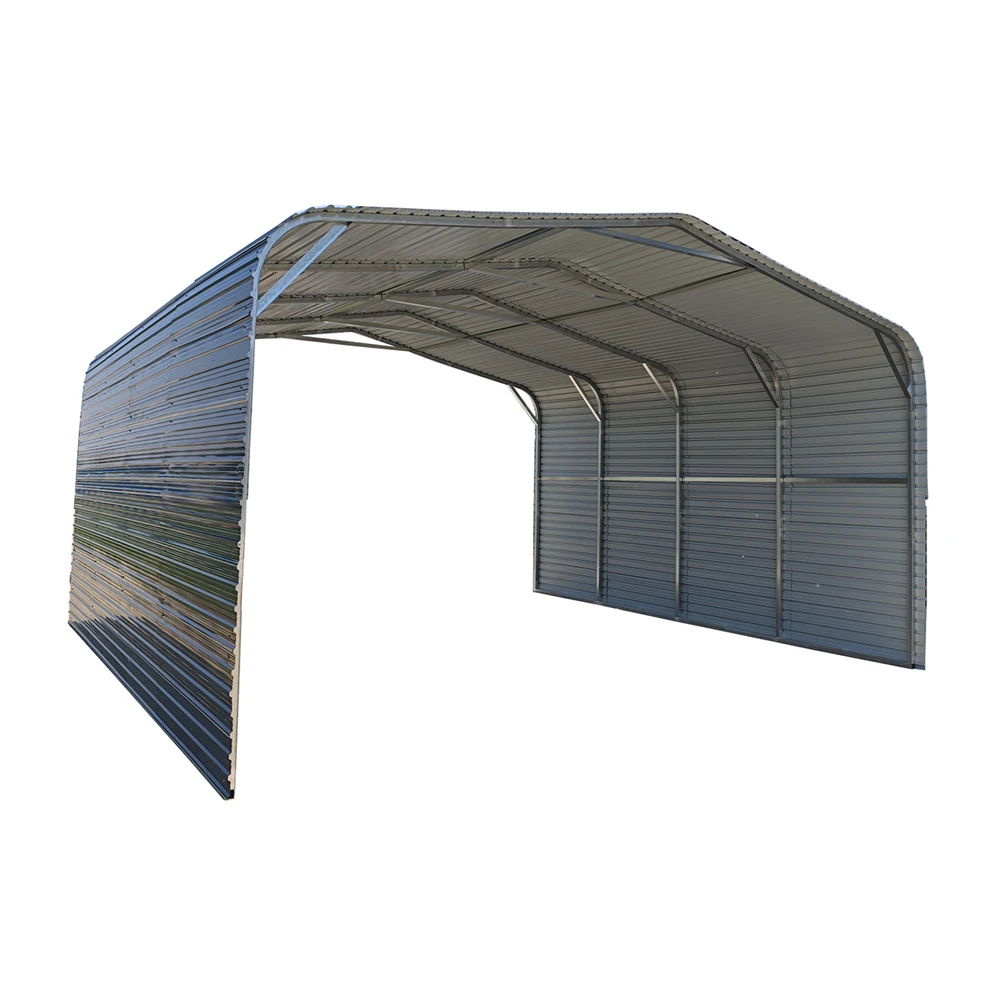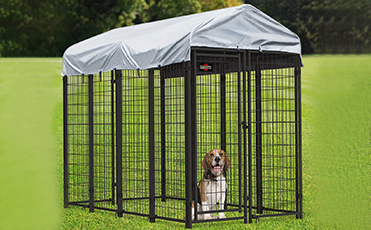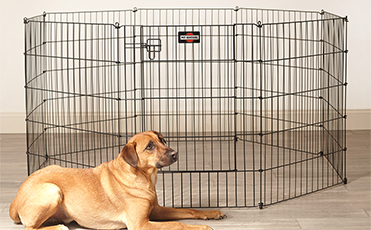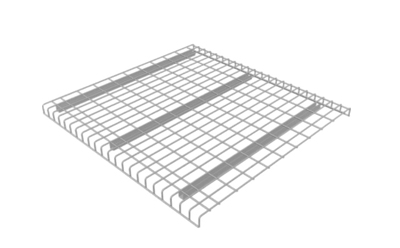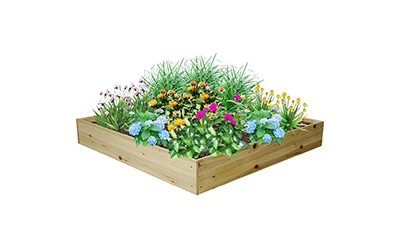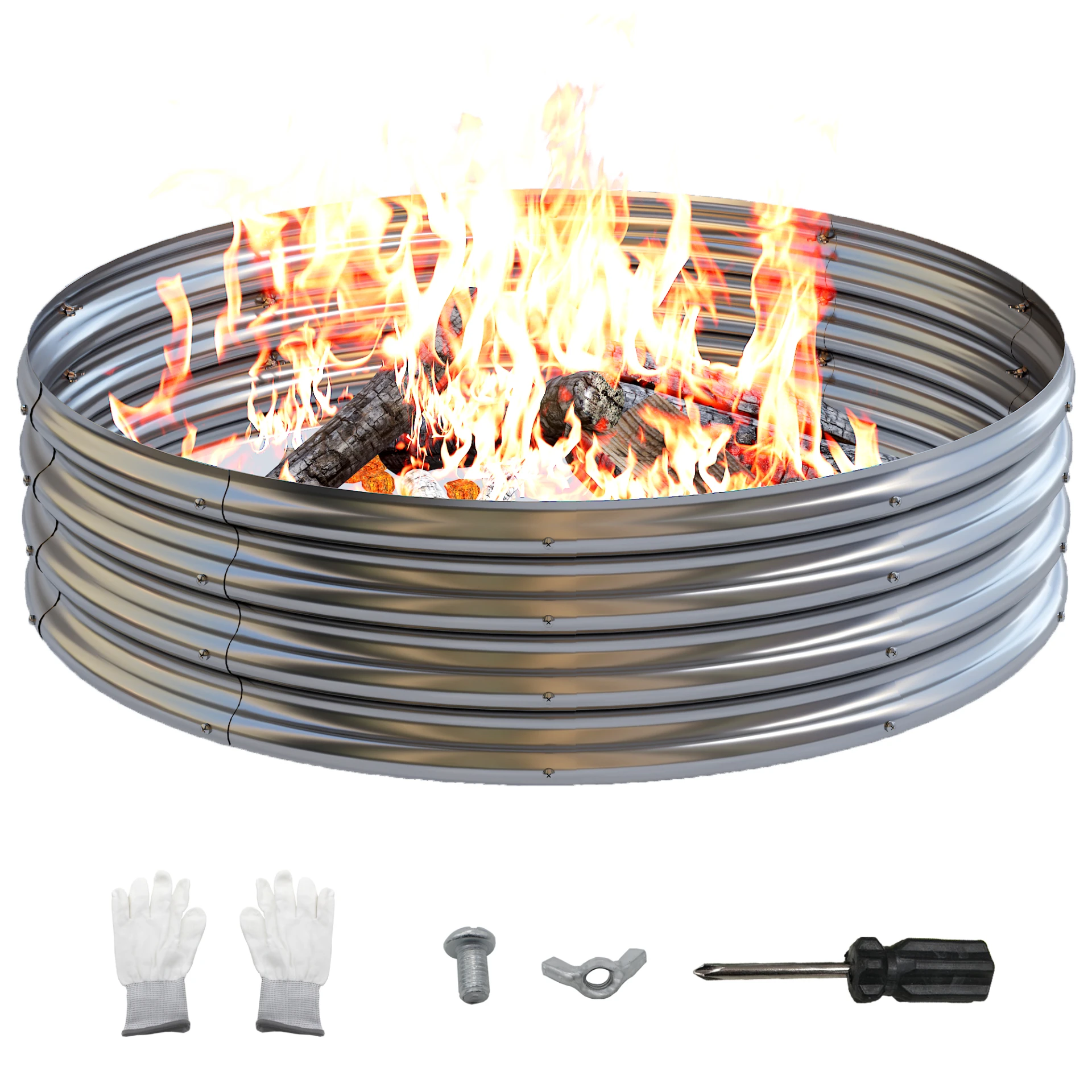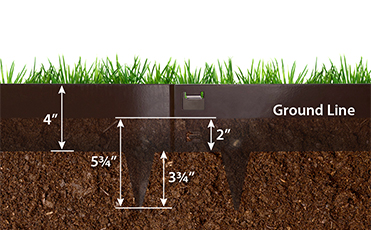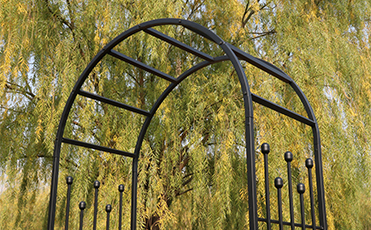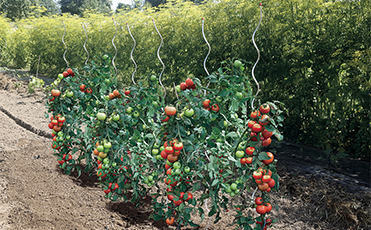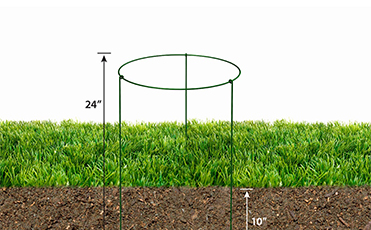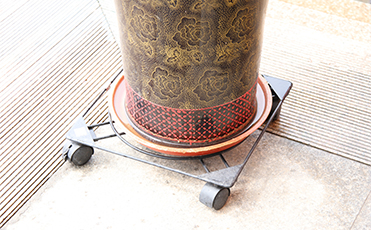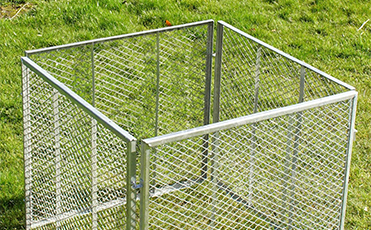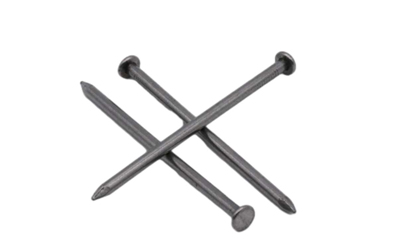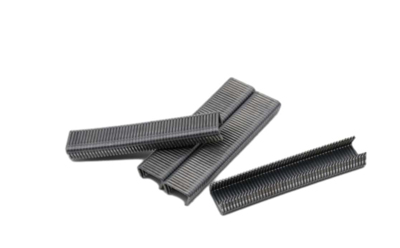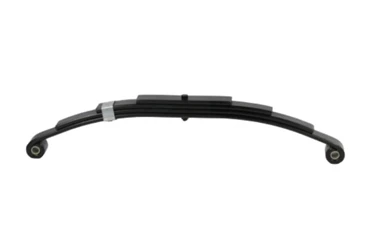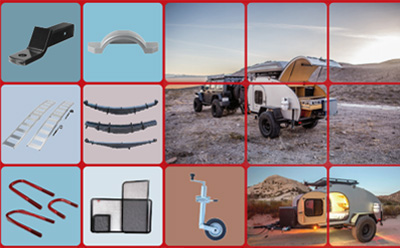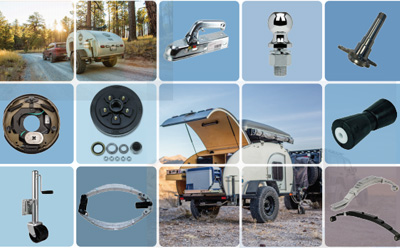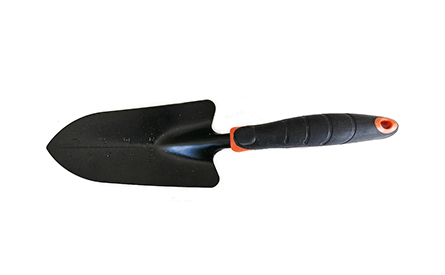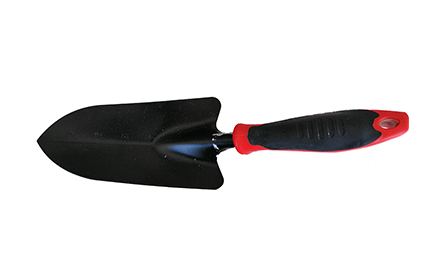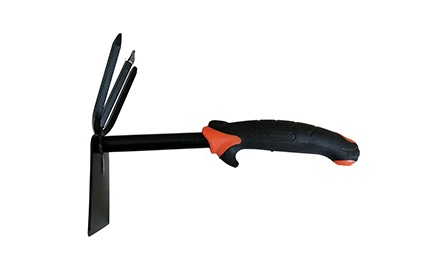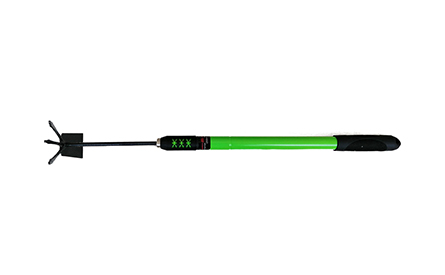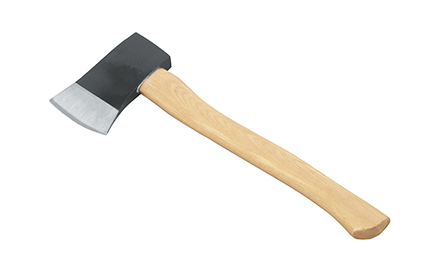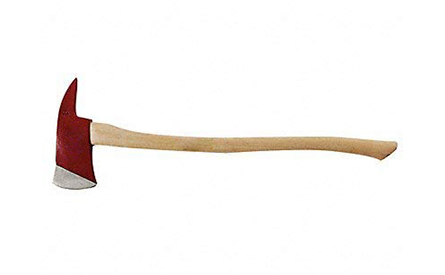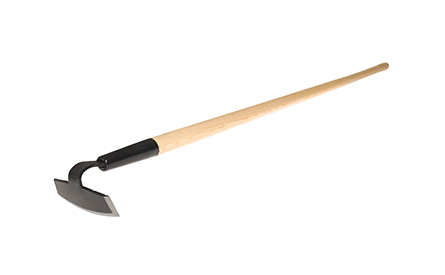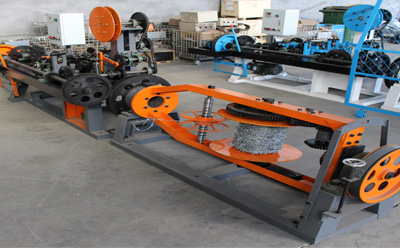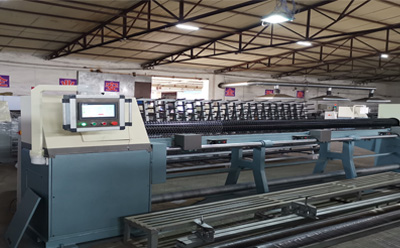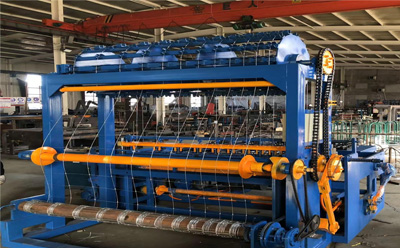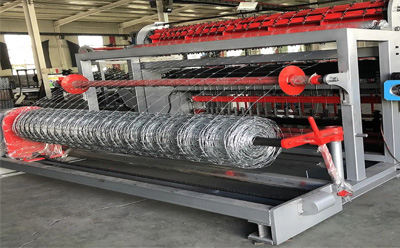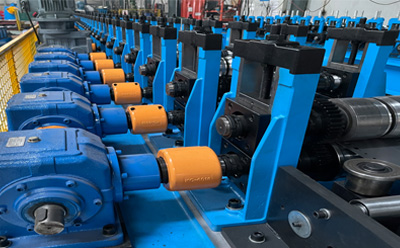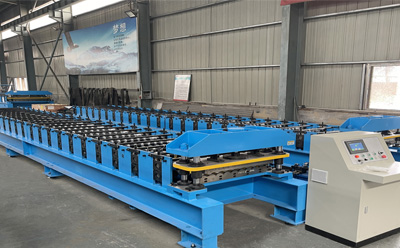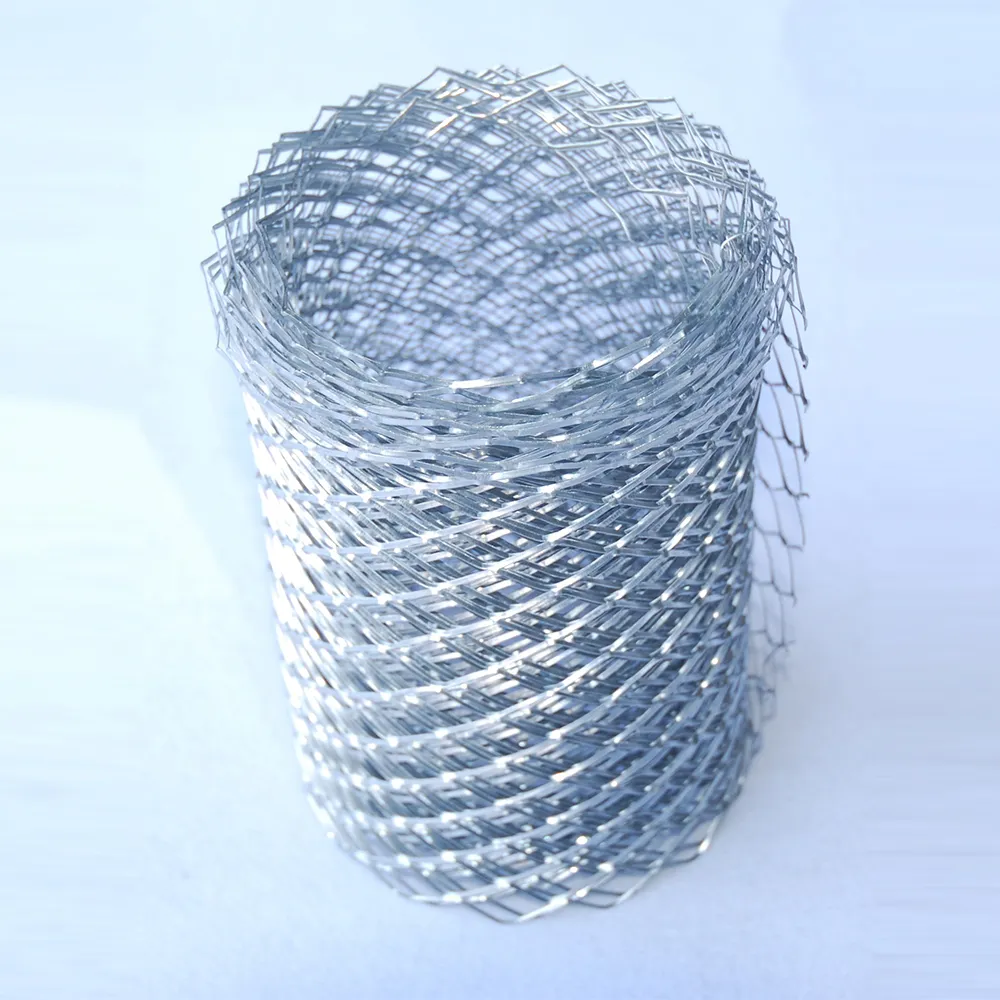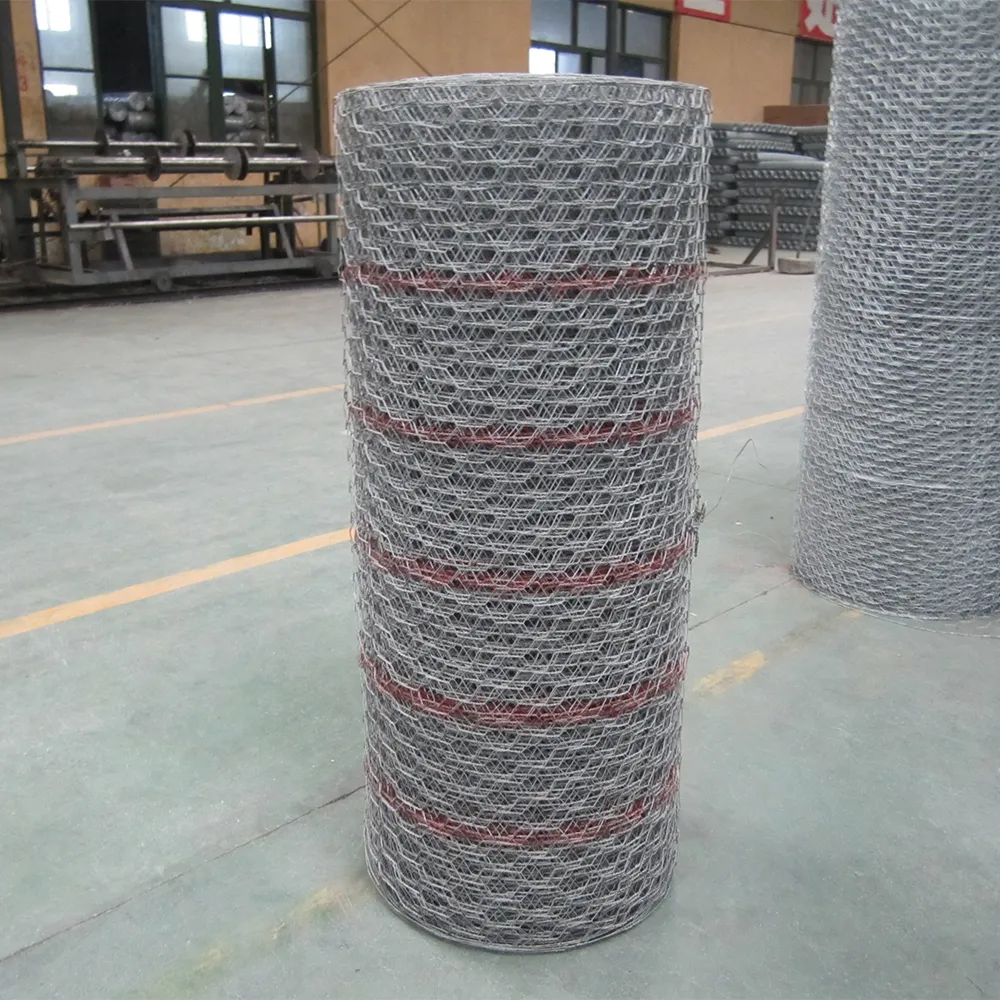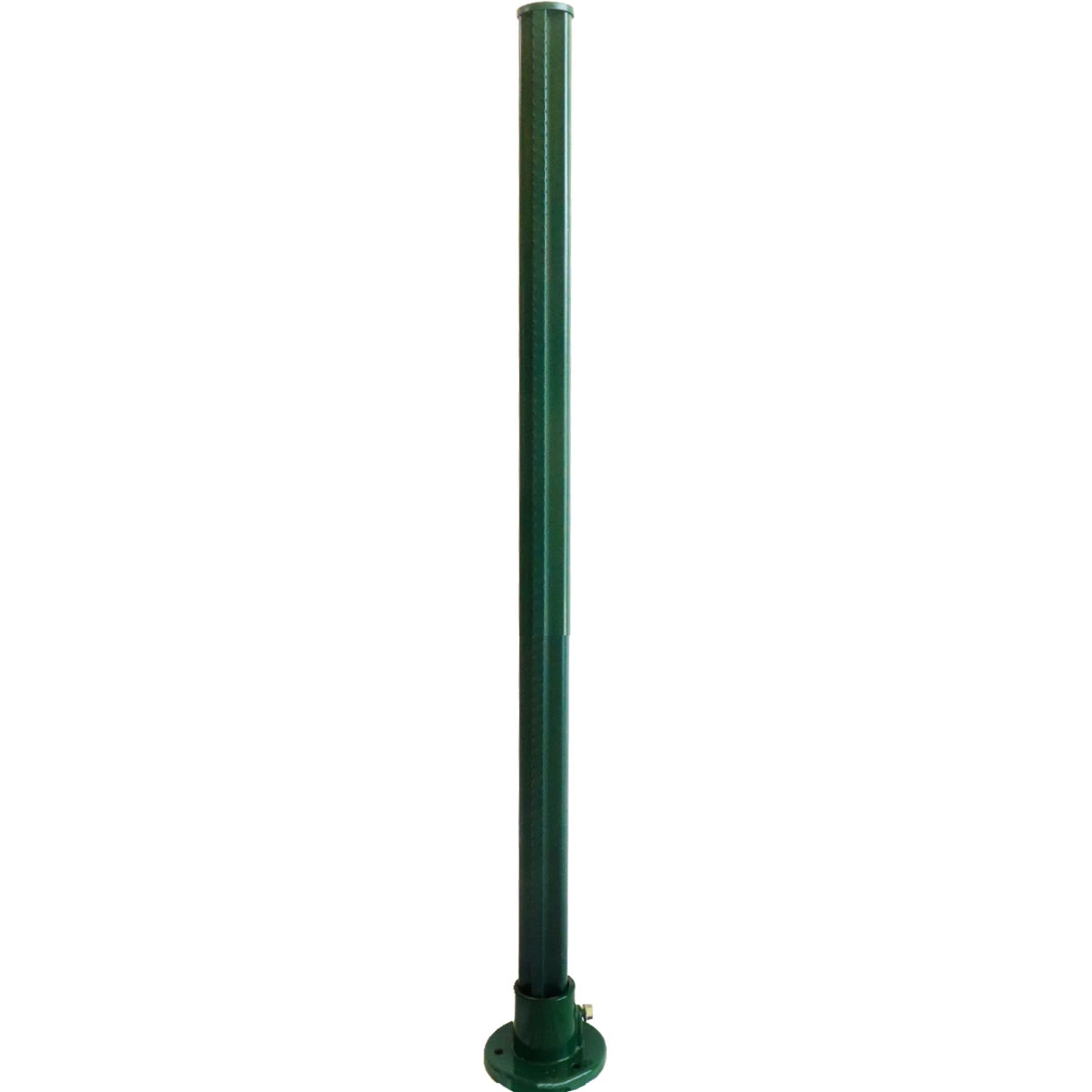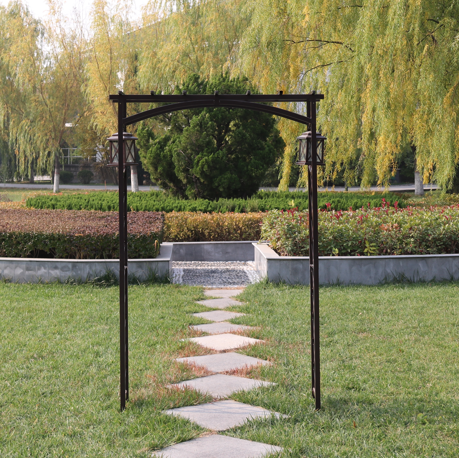Understanding the Benefits and Features of Trailer Leaf Springs for Enhanced Towing Performance
Jul . 27, 2024 02:39Understanding Trailer Leaf Springs A Key Component of Vehicle Suspension
When it comes to transporting goods or equipment, trailers play a crucial role. One of the unsung heroes in the realm of trailer design and functionality is the leaf spring. Leaf springs are essential components of many trailer suspension systems, providing stability, support, and comfort during transit. This article explores the importance of leaf springs, their construction, function, and maintenance, particularly in the context of trailers.
What are Leaf Springs?
Leaf springs are a type of flexible suspension system made from one or more flat pieces of metal, traditionally steel, that are curved in an arc shape. These components are used to absorb shocks and impacts from the road, distributing weight and providing support to the trailer’s load. The design of leaf springs allows them to handle heavy weights, making them especially well-suited for trailers that carry significant cargo.
Benefits of Leaf Springs in Trailers
1. Load Distribution Leaf springs effectively distribute the weight of the trailer load across the axle, reducing the risk of overloading a single point. This functionality not only enhances the safety of the trailer but also extends the lifespan of its other components.
2. Shock Absorption As trailers encounter bumps, potholes, and uneven surfaces, leaf springs work to absorb the shock, preventing the load from shifting violently. This reduces potential damage to both the cargo and the trailer itself, leading to a smoother ride.
3. Durability and Longevity Leaf springs are known for their durability. They are designed to withstand harsh conditions and heavy impacts, making them a reliable choice for trailers that routinely carry heavy loads over long distances.
4. Simplicity and Cost-Effectiveness Compared to other suspension systems like air springs, leaf springs are relatively simple in design and installation, reducing overall manufacturing and maintenance costs. This makes them an attractive option for many trailer manufacturers.
Types of Leaf Springs
trailer 3 leaf springs
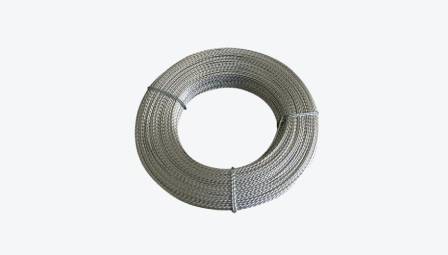
There are several types of leaf springs commonly used in trailers, including
- Multi-Leaf Springs These consist of several leaves stacked together, providing greater strength and flexibility. They are commonly used in heavy-duty trailers. - Mono-Leaf Springs Made from a single piece of metal, these springs are lighter and used in lighter trailers. They offer a more comfortable ride but with less load-bearing capacity. - Helper Springs These are additional springs added to a trailer’s existing suspension system to increase its load capacity. They are often used for occasional heavy loads.
Maintenance Tips
To ensure the longevity and efficiency of leaf springs on trailers, regular maintenance is essential. Here are some tips
1. Inspection Frequently check the condition of the leaf springs for signs of rust, cracks, or any unusual wear. Early detection of issues can prevent more severe problems down the line.
2. Lubrication Applying a suitable lubricant to the spring bushings can decrease friction and wear, enhancing the overall lifespan of the suspension system.
3. Load Management Avoid exceeding the recommended weight capacity of the trailer. Overloading can lead to premature wear and tear on the leaf springs and other suspension components.
4. Alignment Checks Ensure that the axles are correctly aligned. Misalignment can cause uneven wear on the leaf springs and affect the trailer's handling.
Conclusion
In summary, trailer leaf springs are a critical element of vehicle suspension that significantly contributes to safety, durability, and performance. Understanding their role can help trailer owners make informed decisions about maintenance and upgrades, ensuring that their trailers remain efficient and reliable for years to come. By properly caring for leaf springs, users can enhance their trailers' longevity and ensure a smooth, safe journey for their cargo.
Copyright © 2025 Hebei Minmetals Co., Ltd. All Rights Reserved. Sitemap | Privacy Policy


